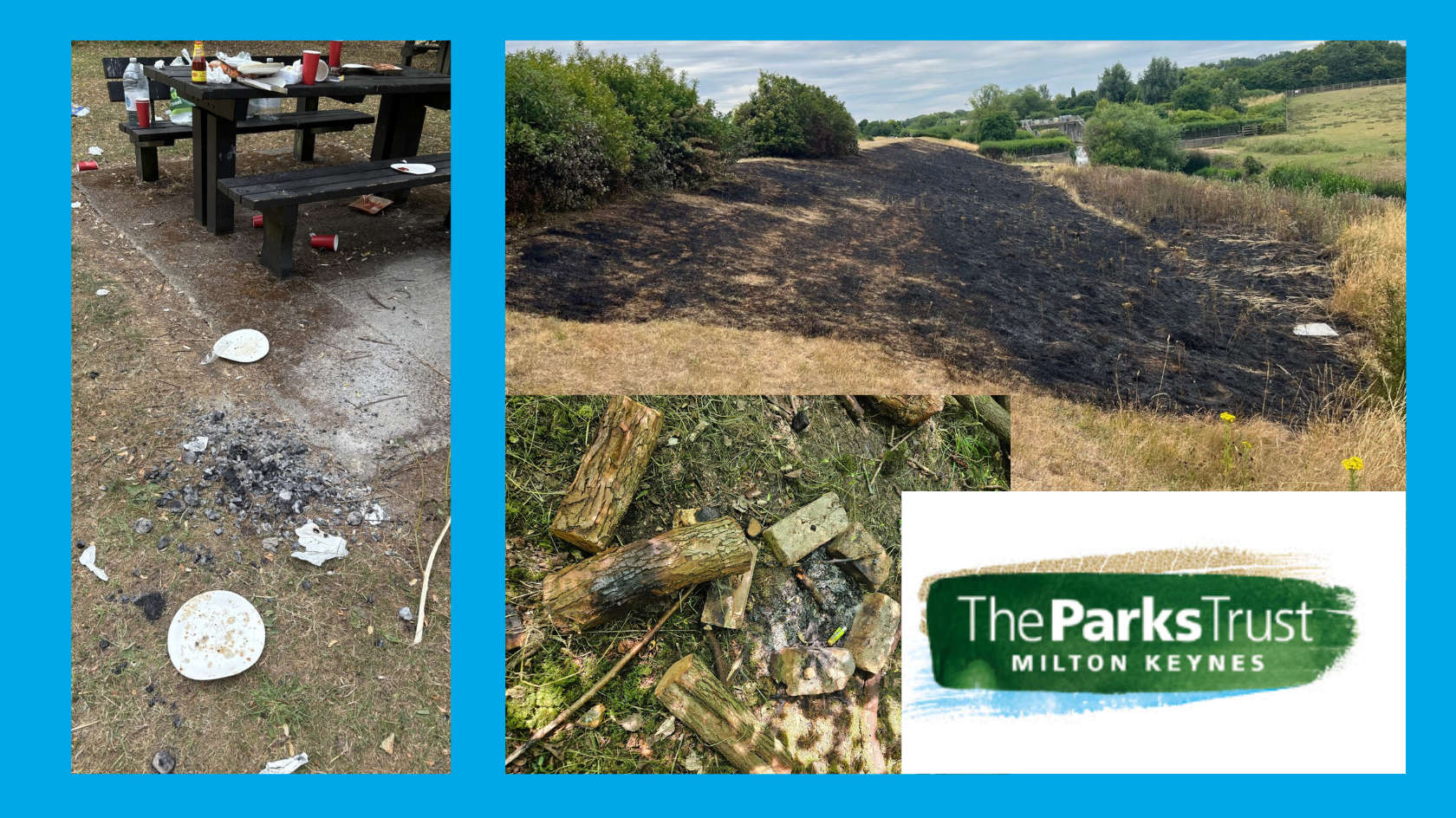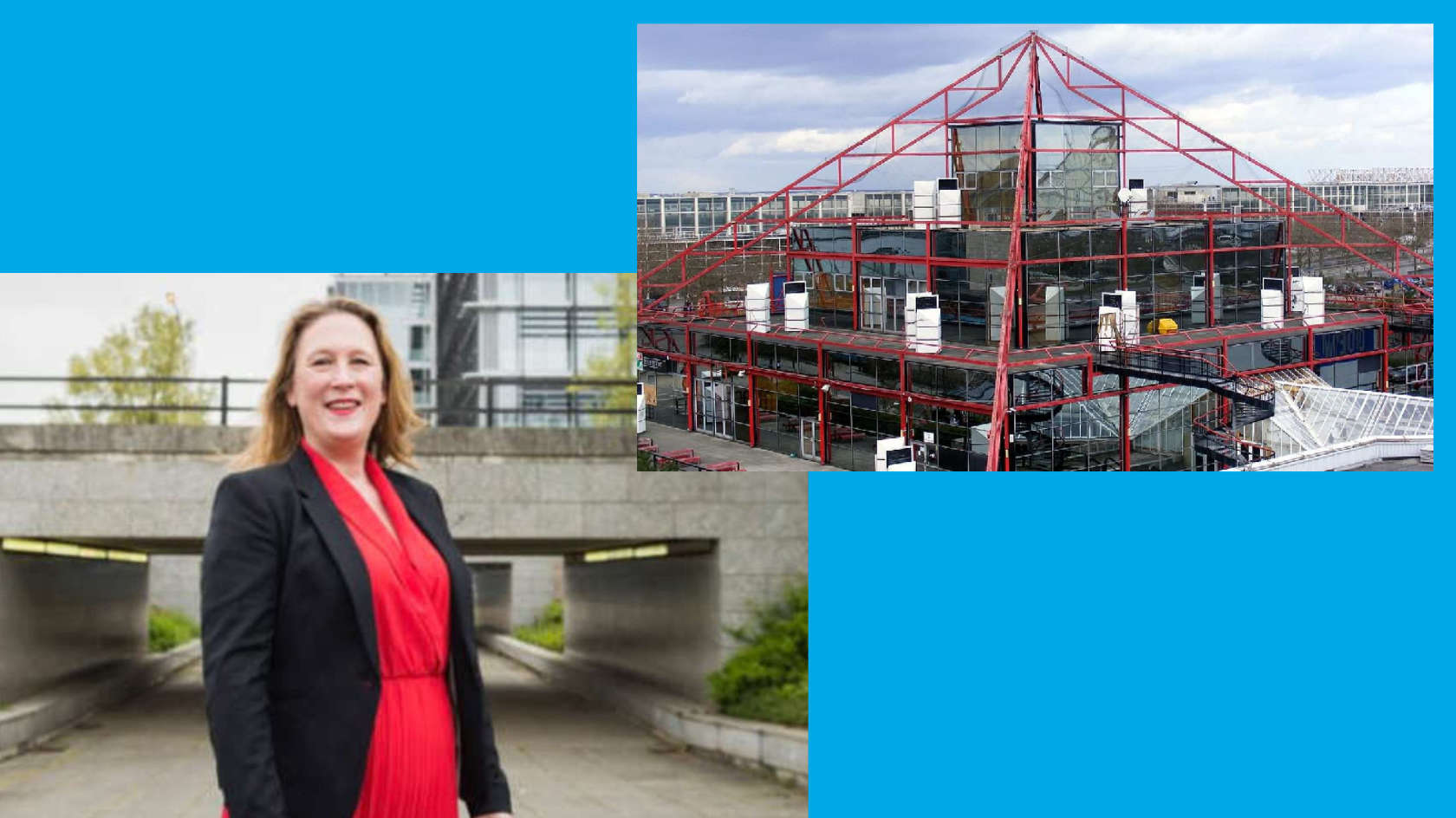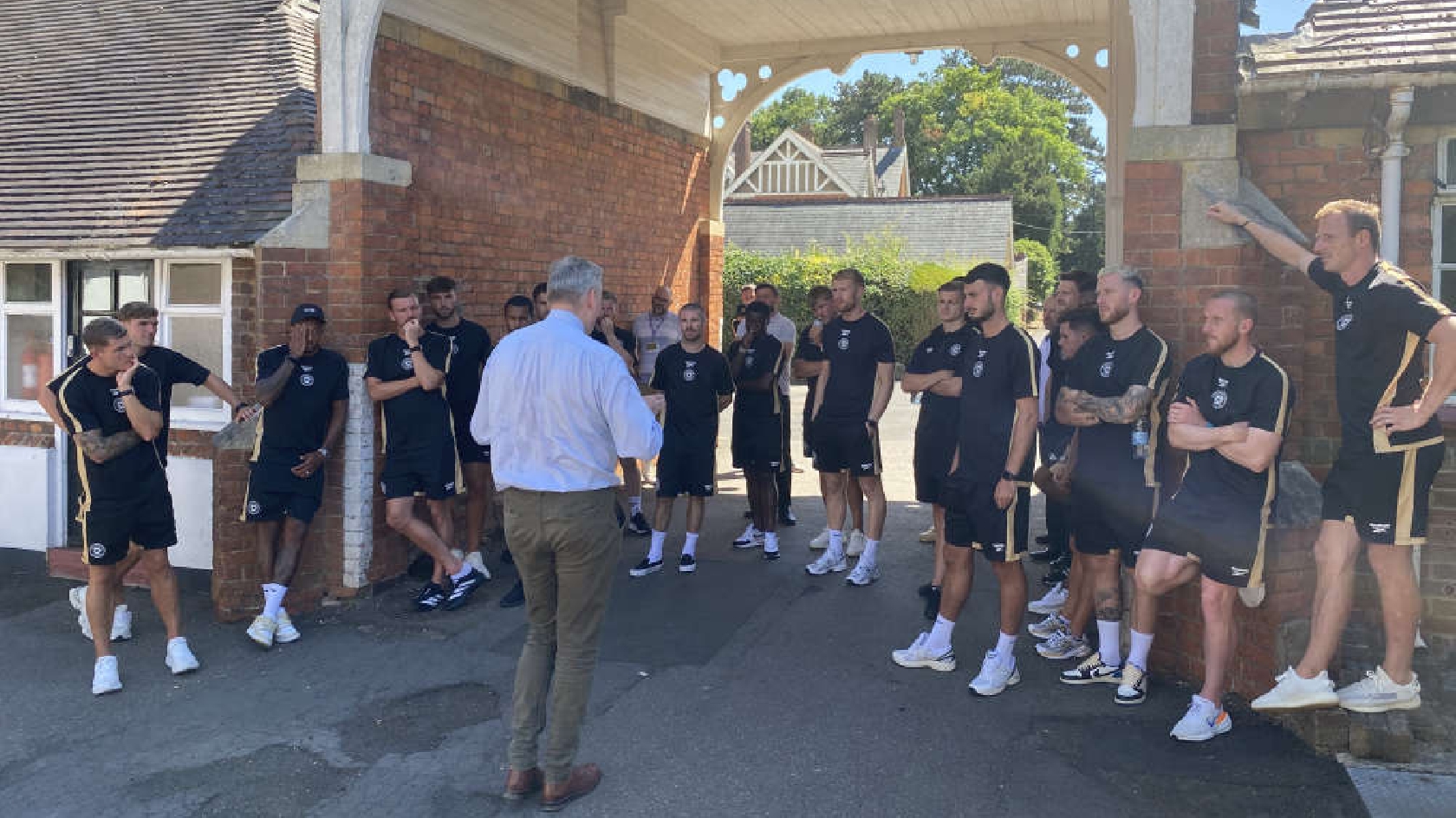
TSB’s Head of Mortgages, Nick Smith, answers some important questions on getting a mortgage in the current environment.
Can I still get a mortgage in the current environment?
Yes, you can. However, getting a mortgage really depends on individual circumstances. Think about your personal situation – is your income sustainable? Are you happy with the deposit you’ve built? If you’re planning to get a mortgage, speak to your lender or broker openly about your financial situation and they will be able to advise on the best options for you.
Can I physically view properties?
Estate agents are opening up and you should be able to do physical viewings in England. But in Scotland, Northern Ireland and Wales viewings are not yet permitted.
If you’d prefer an electronic viewing – speak to your agent, they can likely help you, although for many people, nothing can replace the sense of space and perspective you get from being physically in the property.
Can I get a valuation or survey done on a house I want to buy?
Yes, most lenders are now conducting physical valuations where electronic valuations have not been possible.
Most surveyors will be taking their precautionary measures with full PPE equipment, therefore ensuring the homeowner’s safety as well as their own.
However, more and more lenders are using electronic valuations, which are very accurate and can be done very quickly. Remember – the valuation done by your mortgage lender is to satisfy themselves that the house is a good security for your loan. I’d always advise when buying a new house that you consider a more detailed survey for your own benefit and peace of mind. The RICS consumer guide to home surveys on their website is a useful guide to your different options.
Are first time buyers impacted more than second time buyers?
No, they’re not. It really depends on how much equity you have either as a first-time buyer or those remortgaging/buying a second property.
If you’re looking to remortgage just remember you don’t have to move to a new bank/lender. All major providers will offer a product transfer which means that you can move to a lower rate.
Is there anything I need to be aware of when applying for a mortgage in this environment?
There are a few things to bear in mind. Crucially, it’s important to think about your financial situation. Has your income changed recently? Will you be able to make payments now and in the future? When speaking to your lender/broker, provide as much information as you can about your income. Ultimately, they will want to protect you as much as possible, so that you can comfortably meet your payments and not find yourself in a financially vulnerable position.
For example, consider the following when speaking to your mortgage advisor: have you been working more overtime than normal lately? Will this continue in the future or will your hours and overtime reduce?
Most lenders will lend to those who have been furloughed but each lender will have their own lending criteria. Your mortgage advisor will be able to help with the best options for you. For more complex income circumstances, a specialist mortgage broker will be able to talk through your options.
The physical process of buying a house has also changed very slightly - there will be more social distancing for example and so it is likely a mortgage meeting will take place over the phone rather than face to face. A mortgage meeting over the phone is easier to book in whereas face to face is a little more difficult at the moment. The Government has recently issued detailed guidance on how house viewings should be conducted with social distancing in mind.
With the rapid market changes, we’ve also seen banks responding very quickly and reintroducing higher loan to value products. At the moment, most banks have reintroduced lending up to 85% of the value of the property – so there are more mortgages becoming available again for those with a 15% deposit. Do your research and speak to your advisor about the best mortgages for you.
If I’ve been offered a mortgage is my bank obliged to offer it if my circumstances change?
No, they’re not. Offers can only be withdrawn under certain limited conditions but this includes a change in income. If your circumstances change, speak to your lender or broker as soon as possible. It’s important to remember that they will always want to ensure you can afford repayments now and in the future and they will work with you to find the best options for you.
I’m thinking about enlarging my home to create more space – how do I get a mortgage for this?
You have three options to consider, and the best option for you will depend on a number of things, such as how much additional money you need to borrow, how much your house is worth, and whether your current mortgage is still in a period where early repayment charges apply.
Option 1: would be to speak to your existing mortgage provider about a “Further Advance” – essentially borrowing more money on your existing mortgage. This is likely to be the quickest option to get funds in your bank account, as there’s no change in lender, but you should weigh up both the convenience and the cost, as it won’t necessarily be the cheapest option.
Option 2: would be to move your entire mortgage to a new lender under a remortgage process, taking additional borrowing as part of your application. If you want to take this option, be careful to speak to your existing lender about any early repayment costs associated with your current mortgage.
Option 3: would be to take out what’s known as a “second charge” loan – this is where a new lender advances you the money, accepting that if you default on your mortgage and your house is repossessed, they only get funds from your property once the first-change lender (i.e. your main mortgage) has recovered their debts. As a result, these are usually more expensive interest rates, and are less common in the market.
If the above options don’t appeal, or if you don’t have much equity in your property, you could also consider an unsecured loan. Whilst interest rates are usually higher than on mortgages / further advances, there is some flexibility in taking a separate unsecured loan, as long as you can afford both payments, and most mainstream lenders will offer up to anywhere between £25k and £50k as their maximum unsecured loan amount. Do note though, repayment terms are usually shorter, so these will almost always have a higher monthly repayment.
Nick Smith, TSB’s Head of Mortgages, concludes: “The market is changing rapidly and we are seeing some confidence grow in the housing market, which will be welcome news for those eager to buy a new home or to remortgage. There are mortgages available, but you will need to remember to do your research and have open discussions with your mortgage advisor.”
















